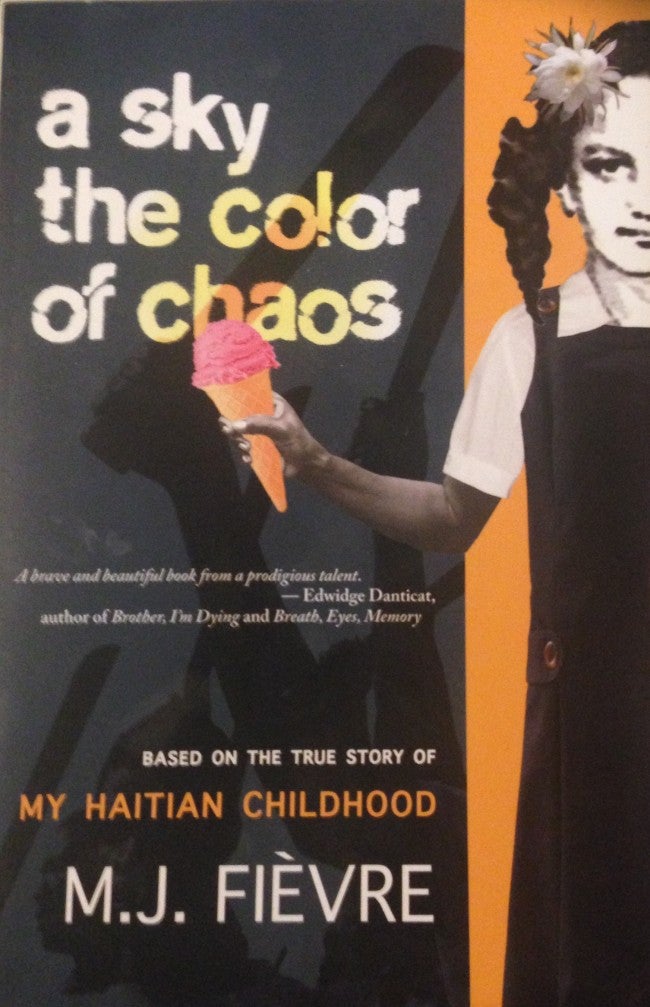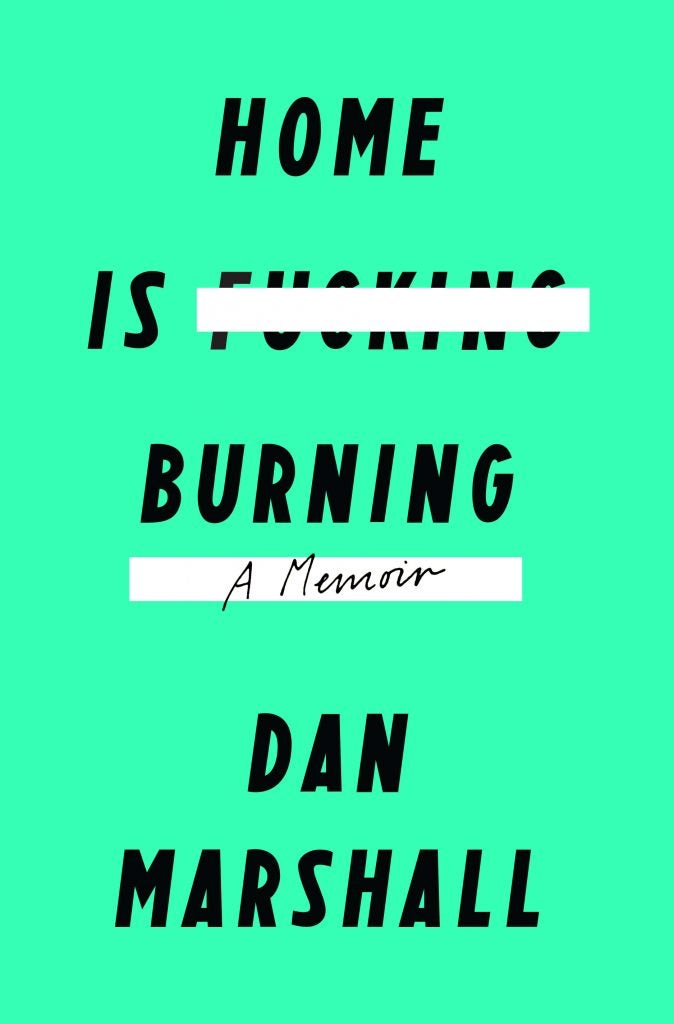On “Poor Your Soul”: An Interview with Mira Ptacin
“As a writer, there’s always the whole self-induced pressure of whether you wanna market yourself, and build your brand and your buzz. But on social media, I never find myself drifting toward the yes-and-no debate of abortion, nor fighting for it. I’m pro-choice, but I think I make more of an impact when I’m writing about one individual at a time. Because I think abortion is a personal decision for everyone, and I don’t like to generalize it. As a writer I’m more concerned with individual stories, no matter what they’re about. You can’t lump people into one category.”
On “Poor Your Soul”: An Interview with Mira Ptacin Read More »
“As a writer, there’s always the whole self-induced pressure of whether you wanna market yourself, and build your brand and your buzz. But on social media, I never find myself drifting toward the yes-and-no debate of abortion, nor fighting for it. I’m pro-choice, but I think I make more of an impact when I’m writing about one individual at a time. Because I think abortion is a personal decision for everyone, and I don’t like to generalize it. As a writer I’m more concerned with individual stories, no matter what they’re about. You can’t lump people into one category.”








